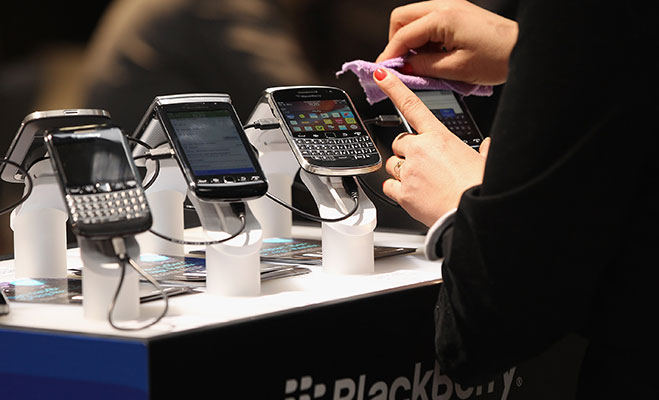
A recent article in the Guardian reported that Android had captured over 50 percent of the past-quarter smartphone sales. The data shows that RIM’s market share, on the other hand, has fallen during the same period. Handset sales fell from 13 million a year ago to just under 10 million in the first quarter of 2012 and market share dropped from 13 percent to 6.9 percent.
To win back that market share, Heins has hired a new chief marketing officer from LightSquared, Frank Boulben. Part of Boulben’s charge will be to unify Blackberry’s marketing message, attract new customers and deliver on its promises. Increasingly seen as the stodgy grandparent in the mobile market, even RIM’s presentations at BlackBerry World failed to excite the audience; and that was a captive, positive audience.
Another new hire is Kristian Tear, who comes to RIM from Sony Mobile, where he was executive vice president. He will head up research and development, global sales, manufacturing, supply chain and all the product divisions. His prime task will be to ensure that the BB10 operating system rolls out as quickly as possible. With audiences looking to see shiny improvements in both hardware and software, Tear will need to use his personal BlackBerry for top-level multitasking if he means to fulfil all these demands.
Heins has stated publicly, however, that BB10 will not be released until it is perfect, which he has defined as “competitive”. He has already made several points by holding a personal chat with the press corps at BlackBerry World, answering questions candidly and addressing each question put to him. He understands time is short and that the longer BlackBerry takes to release its new platform and phones, the further ahead the competition gets. Neither he nor the company can afford to get this wrong.
If BlackBerry 10 launches in October, as has been predicted for some time, at least one analyst estimates the drop in market share may be held at five percent. RIM has been pushing into emerging markets, such as India and Indonesia with a basic, budget BlackBerry Curve 9220 that has already shown decent sales.
Yet another issue Heins will have to deal with is the recent announcement that BlackBerry 7 handsets will not be upgradeable to the new operating system. Consumers who want to use BB10 will be forced to buy a new handset, something that may drive many of them to other mobile platforms and operating systems. From all appearances, the future of the company is hanging in the balance and Thorsten Heins’ decisions may well signal life or death for RIM.

